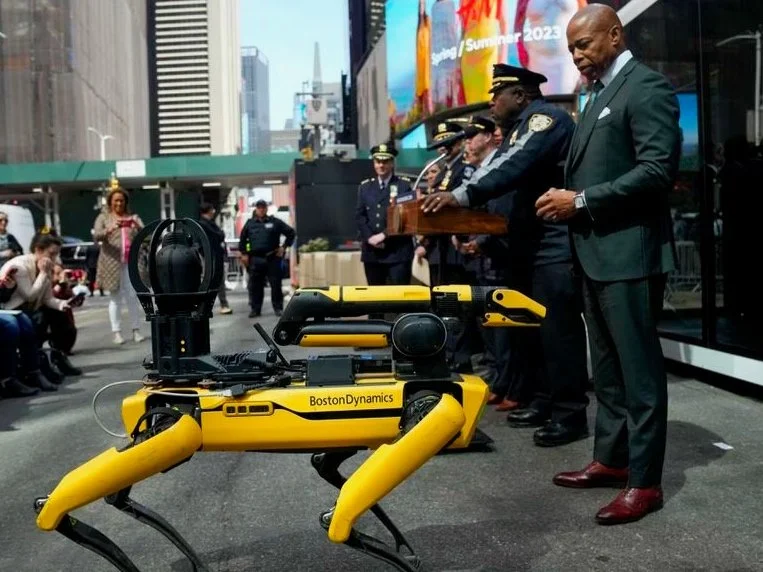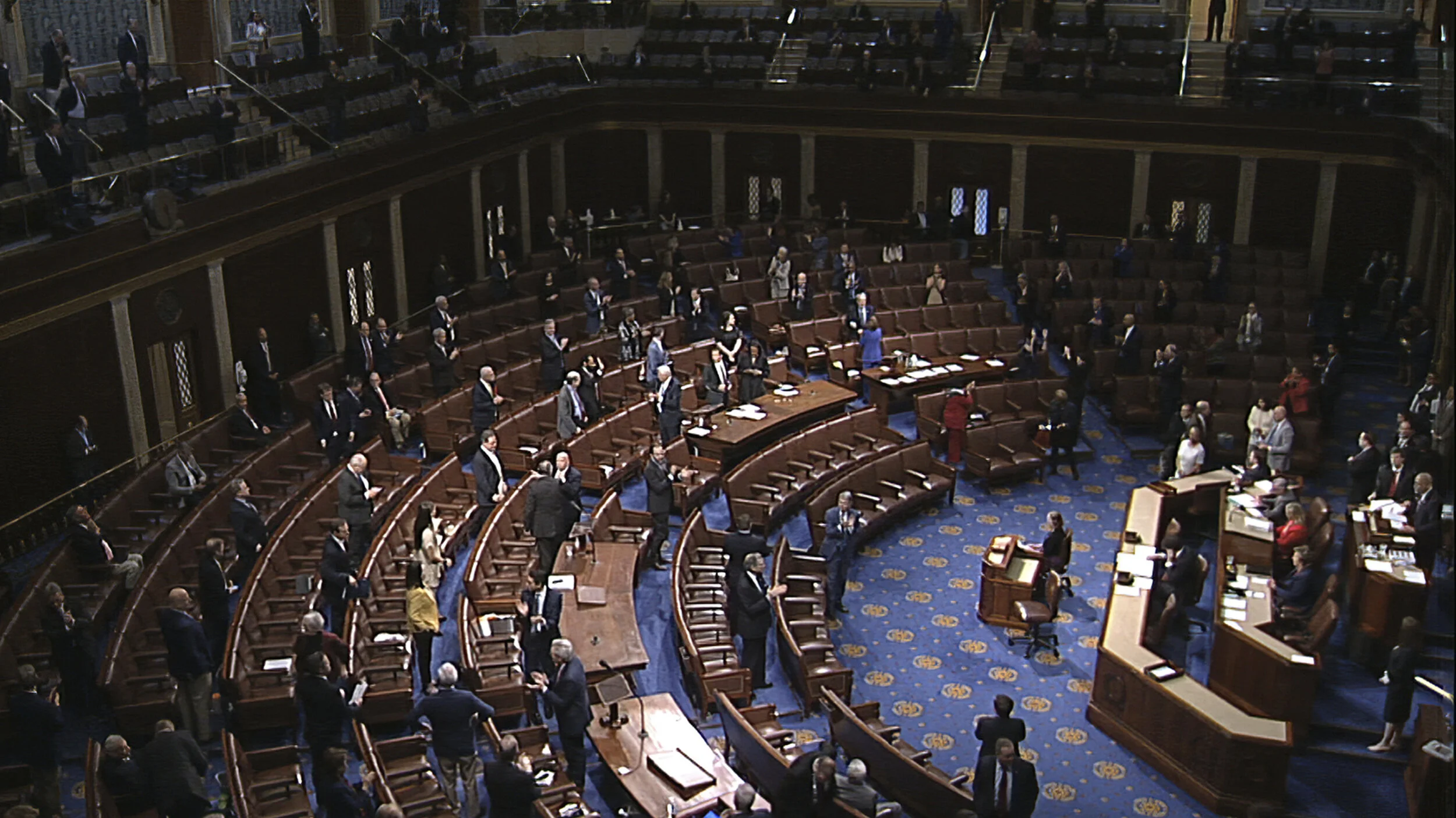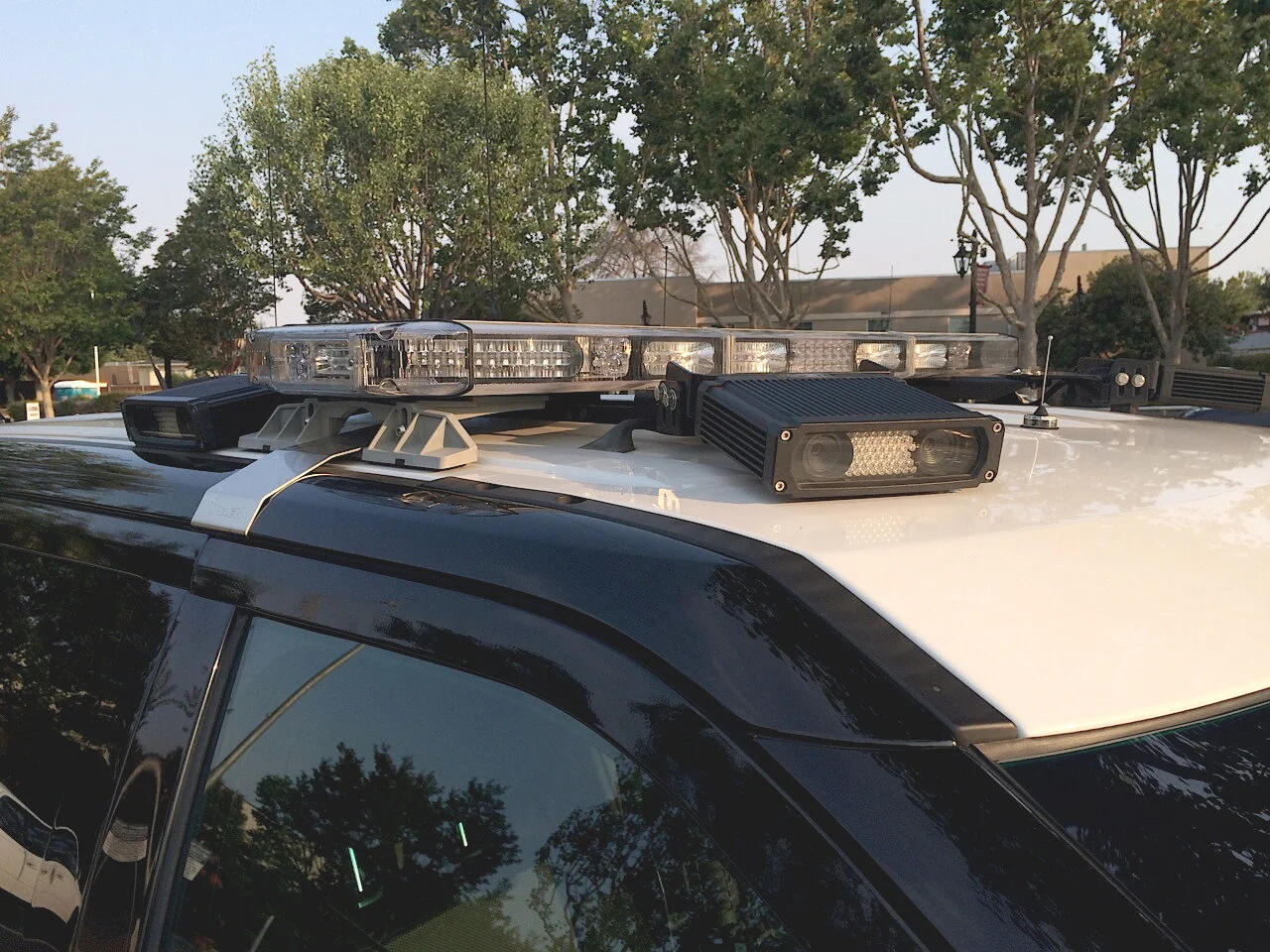Today, the Center for Policing Equity (CPE) and the Policing Project at New York University School of Law released a new guidebook for law enforcement agencies, government officials and communities with best practices for collecting, analyzing and responding to data about traffic and pedestrian stops by law enforcement—a critical but often overlooked aspect of policing.
Policing Project Five-Minute Biometrics Primers: Lie Detection II—21st Century Tests
Policing Project Five-Minute Biometrics Primers: Lie Detection I—Polygraphs
A snapshot of recent policing reform legislation
How to Rethink the Policing Function
Policing Project enters new phase of expansion through generous philanthropic support
New York University School of Law today announced additional philanthropic funding to support the Policing Project. The expansion comes at a critical moment, as the death of community members at the hands of the police and discriminatory enforcement of orders related to the COVID-19 pandemic underscore the urgent need for this work.
Friedman to Serve as Special Advisor on Investigation into NYPD Policing of George Floyd Protests
As announced today by New York Attorney General Letitia James, Policing Project Faculty Director and Founder Barry Friedman will serve as a special advisor to help guide and support the New York Attorney General’s investigation into the recent interactions between the New York City Police Department (NYPD) and protesters following the death of George Floyd.
Policing Project Co-Founders Join Coalition to Release Urgent Report on Police Reform
Policing Project Co-Founders Barry Friedman and Maria Ponomarenko joined a coalition of law school faculty — each of whom runs or is associated with a center devoted to the practice of policing and the criminal justice system — in releasing a list of urgently-needed reforms to address enduring problems in American policing.
Our Statement Regarding Policing in the United States
Too often, we have focused on “police reform” and “police accountability” in moments like these. Yet, the very fact that we are here once again—as we were after rioting in the 1960s, or after Ferguson in 2014—suggests that police reform and police accountability as we have understood and implemented them simply are not working.
COVID-19: Stay-At-Home and Social Distancing Enforcement
Community Engagement During Times of Crisis: COVID-19 and Beyond
Police are tasked with ensuring public safety during extreme events and emergencies. But during unprecedented times–like we’re seeing now with the novel COVID-19 pandemic–many tried and tested methods for community engagement and outreach are breaking down. How should policing agencies adapt to meet the needs of vulnerable populations?
Stream: Friedman discusses the intersections of policing, technology and the public interest
Policing Project to undertake independent audit of Baltimore PD’s aerial investigation program
Policing Project presents upcoming community oversight report at NACOLE convening
Friedman examines facial recognition laws in U.S and Europe, and the need for increased action
Following his return from Belgium where he co-hosted a round-table on facial recognition legislation on both sides of the Atlantic, Policing Project founder Barry Friedman penned a new op-ed for Just Security exploring the differences in European and American approaches to regulating the tech and the urgent need for greater action.
10 Questions to Ask Your Law Enforcement Agency About ALPRs
Automated License Plate Readers are one of the most widely used law enforcement systems in existence. Unfortunately, because of lack of data and study, we know very little about how large the benefits or costs are—all the more reason every community should do its best to be informed about how its law enforcement is using ALPRs.
Policing Project Five-Minute Primers: Rapid DNA
Highlights from our convening on facial recognition
To conclude our Fall 2019 salon series, the Policing Project and the Information Law Institute hosted a discussion of the regulation of facial recognition. As more jurisdictions are using the tech to aid law enforcement, there are sharp societal disagreements on where to draw the lines between acceptable and unacceptable uses.
Policing Project, Camden police meet with community leaders to discuss new use of force policy
Policing Project Fall Salon Series Explores How to Effectively Regulate Police Use of Technology
This fall, the Policing Project kicked off our Tech Salon Series with two events. Our salons, made possible by support from Microsoft, enable us to vet our projects and discuss pressing issues around law enforcement’s use of technologies with a diverse set of experts, including privacy advocates, technology vendors, police chiefs, academics, legal experts, community leaders, and government officials.

























